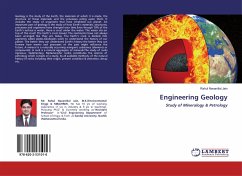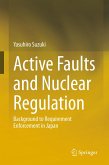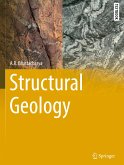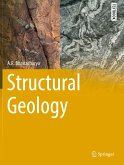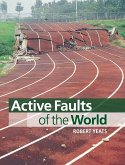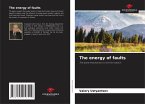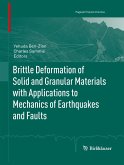Geology is the study of the Earth, the materials of which it is made, the structure of those materials, and the processes acting upon them. It includes the study of organisms that have inhabited our planet. An important part of geology is the study of how Earth's materials, structures, processes and organisms have changed over time.Even though 70% of the Earth's surface is water, there is crust under the water. The water sits on top of the crust! The Earth's crust moves! The continents have not always been arranged like they are today. The Earth's crust is divided into segments called plates.Geologists work to understand the history of our planet. The better they can understand Earth's history the better they can foresee how events and processes of the past might influence the future. A mineral is a naturally occurring inorganic substance (elements or compounds). A rock is a natural aggregate of minerals.The study of rocks (Igneous, Sedimentary, Metamorphic rocks) constitutes thescience of petrology which consists of a study, by all available methods, of the natural history of rocks including their origin, present condition & alteration, decay etc.
Bitte wählen Sie Ihr Anliegen aus.
Rechnungen
Retourenschein anfordern
Bestellstatus
Storno

